

Regencord’s groundbreaking stem cell for fertility treatment has helped 5,376 patients worldwide overcome male infertility. This 10-year-old leader in regenerative medicine serves patients globally, with 70% coming from the United States.
The clinic takes a complete approach to fertility treatment. Their specialists combine their knowledge of medicine, genetics, biology, and bacteriology to create effective solutions. Each patient receives individual-specific care plans based on scientific evidence. The team understands that every fertility challenge is unique and needs specialized attention. This piece explains the science behind stem cell therapy for male infertility. You’ll learn what to expect during treatment at Regencord and discover the research that supports this innovative reproductive health solution.
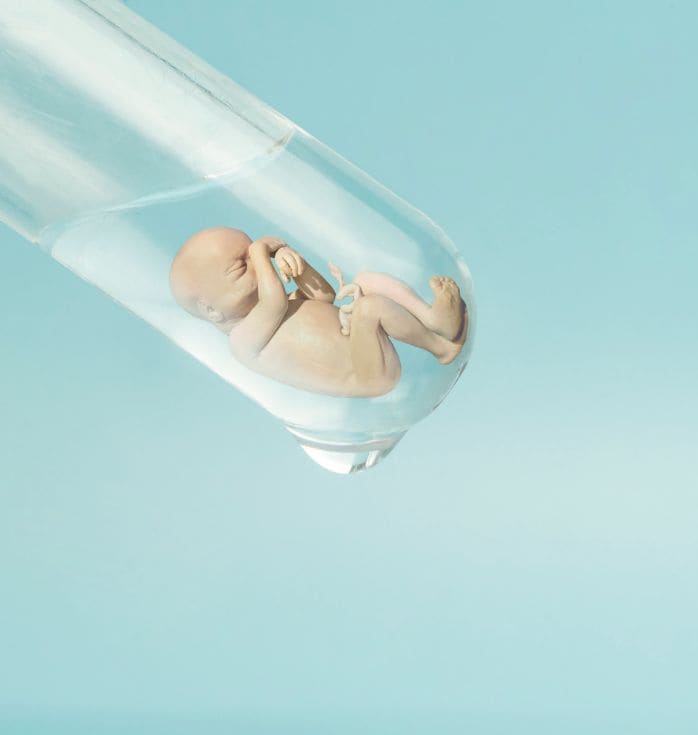

Male infertility affects one in every seven couples worldwide. Male factors contribute to about half of all infertility cases. Couples struggling with reproductive challenges can find hope by learning about male infertility complexities and stem cell treatment options.
Many factors can lead to male infertility by affecting human sperm production, function, and delivery. About 15% of infertile men face a complete absence of sperm in semen, known as azoospermia. Up to 90% of male infertility cases stem from low sperm count (oligospermia) and poor sperm quality.
These problems often arise from several conditions:
Lifestyle choices play a big role, too. Obesity, alcohol consumption, and exposure to environmental toxins can harm male fertility.
Stem cell therapy opens new doors to treat male infertility through innovative approaches. Spermatogonial stem cells (SSCs) are vital to this treatment. These specialized male stem cells keep renewing themselves and develop into sperm, creating more than 1,000 new sperm cells every few seconds.
The treatment works through several ways:
Recent clinical studies show promising results. Scientists can now grow human sperm cells in labs, though research continues to improve treatment outcomes. The therapy shows great promise for patients with non-obstructive azoospermia. Success rates vary based on the condition of the testicular tissue. Patients with early—to late-stage spermatids have a 75% chance of developing mature sperm cells in their ejaculate.
Cancer survivors facing fertility challenges benefit greatly from advances in stem cell research. They can preserve their fertility through a testicular biopsy before cancer treatment. This allows doctors to isolate and freeze SSCs, which can be transplanted back after cancer treatment ends. This method gives hope to patients who need fertility-damaging cancer therapies.
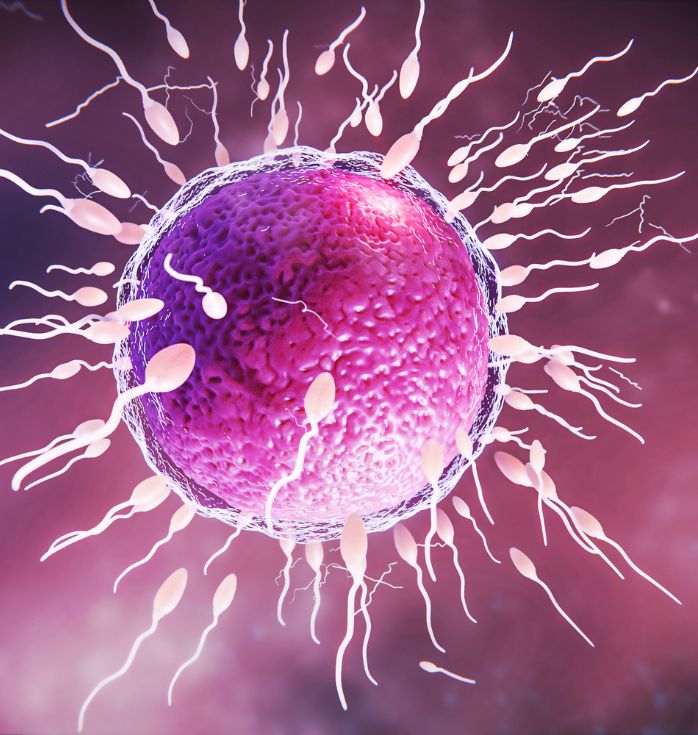

Regencord’s stem cell therapy combines advanced medical expertise with customized care protocols. Their systematic process will give optimal treatment outcomes through careful assessment and precise application.
A complete medical assessment starts the experience. Patients need extensive testing that has:
These diagnostic procedures help Regencord’s specialists create tailored treatment strategies based on each patient’s condition. The clinic’s medical team has over 30 years of combined expertise in genetics and biotechnology. They analyze test results to determine the best treatment approach.
The extraction phase collects stem cells through one of two main methods:
Medical supervision remains strict throughout the procedure to ensure patient comfort. Most patients feel minimal discomfort. They only experience minor redness at injection sites that usually goes away within 1-2 hours.
The treatment process follows a well-laid-out timeline:
The stem cell differentiation process takes several weeks to months, but the actual procedure only takes a few hours. Patients usually return to normal activities within days of the stem cell extraction. Regencord’s medical team monitors progress throughout the treatment period, providing complete support and adjusting protocols when needed.
Most patients see measurable improvements within 3-6 months after treatment. Notwithstanding that, each patient’s response varies based on individual biological factors and lifestyle choices. Regular follow-up appointments help track progress and ensure the best outcomes.
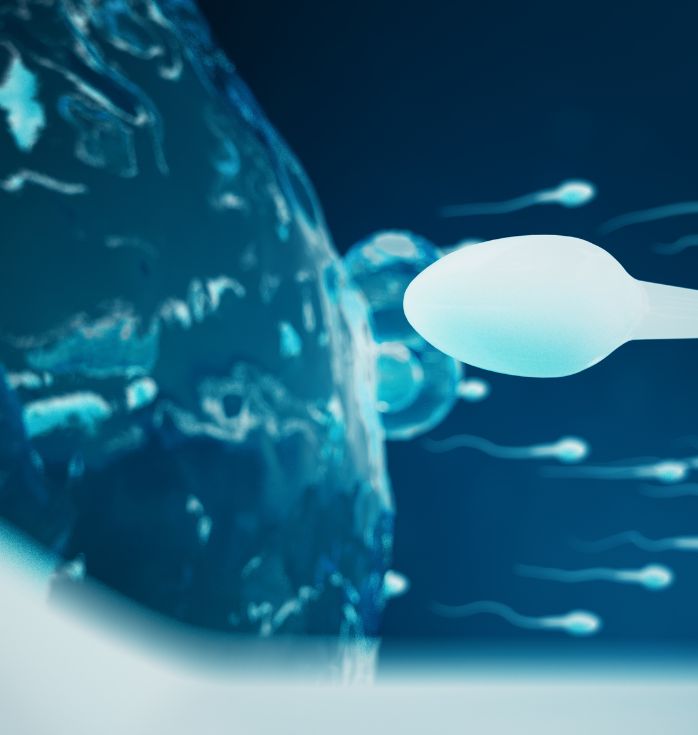
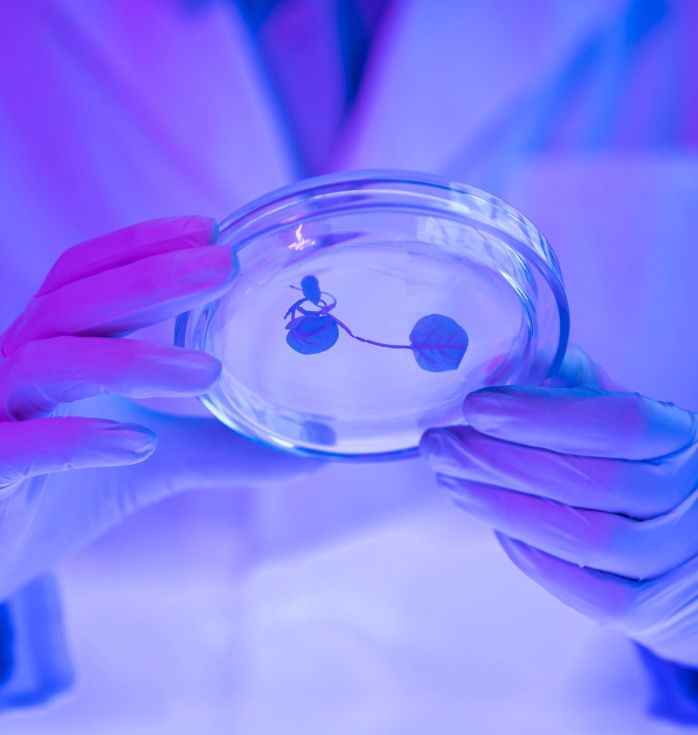
Scientific research shows the remarkable potential of stem cell therapy to treat male infertility. Clinical studies have produced promising results in different treatment approaches. These treatments offer hope to patients who doctors previously thought were untreatable.
Research with 3,237 published studies, narrowed down to 39 key investigations, provides substantial evidence that stem cell therapy works. The studies documented several improvements in fertility markers:
Mesenchymal stem cells (MSCs) work well to treat male infertility. Lab research confirms that MSCs stimulate tissue regeneration and support damaged stem cell niches. Research using primate models shows groundbreaking progress. Scientists have successfully generated functional sperm cells from embryonic stem cells.
Clinical trials show encouraging results for stem cell therapy's effectiveness. A key phase I clinical trial with 26 patients reported:
Bone marrow stem cells (BMSCs) show remarkable potential to treat different types of infertility. A pilot study on endometrial atrophy revealed:
Multiple preclinical studies confirm that MSC transplantation is safe and effective. Research shows that intratesticular injection of bone marrow MSCs helps substantially normalize spermatogenesis. These findings match broader clinical evidence about MSCs' effectiveness in tissue repair and regeneration for disorders of all types.
Scientists continue to refine treatment protocols through research. Current studies examine different stem cell sources, optimize nutrient conditions for cell isolation, and learn about MSCs' paracrine effects. These advances steadily improve treatment outcomes, making stem cell therapy an increasingly viable option for male infertility patients.
Patient experiences help paint a clear picture of what to expect from stem cell treatment for infertility. Regencord gives special attention to each patient’s trip through all treatment phases.
The stem cell infusion takes anywhere from 30 minutes to 4 hours. The core team watches vital signs and makes sure patients stay comfortable throughout this time. The original screenings look at:
Most patients discover treatment options from referrals or patient groups, and many say they had good first experiences. People usually ask about treatment after trying other medical options like assisted reproductive technology or in vitro fertilization or when they worry about their condition getting worse.
Your recovery time depends on personal factors and the type of treatment you receive. The best results usually need:
Physical improvements show up slowly. Many patients see their first signs of improvement within weeks after treatment. The medical team then tracks healing and cell regeneration through full evaluations.
Patients get detailed home care guidelines after finishing treatment. The most important after-care steps include:
Check-ups happen regularly but become less frequent as recovery moves forward. The medical team stays available if any problems or concerns come up during recovery.
A remarkable 95% of patients say their quality of life, energy levels, and overall well-being improve. They can slowly return to physical activities, which helps reduce tiredness after treatment and supports emotional healing. Patients should keep talking with their medical team and follow care instructions carefully to get the best results.
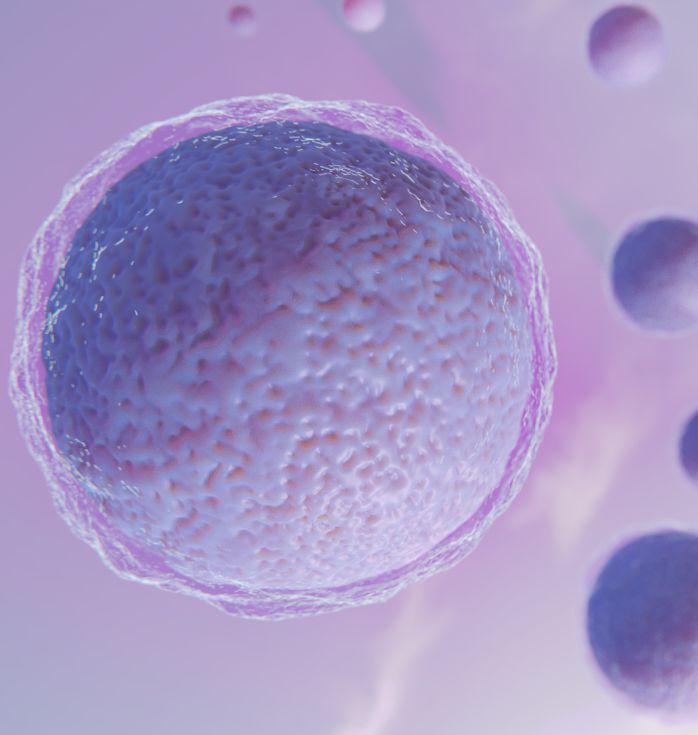
Stem cell treatment has emerged as a revolutionary solution to male infertility that offers hope through proven scientific methods. Research shows the highest success rates, especially when mesenchymal stem cells are used, which show remarkable potential to regenerate tissue and restore fertility.
Regencord’s approach works well, backed by medical evidence that shows improvements in fertility markers and successful births among treated patients. The clinic’s well-laid-out treatment protocol and tailored care strategies help ensure the best outcomes for each patient.
Patients consistently report better reproductive function, and careful monitoring after treatment leads to lasting success. Recovery times differ from person to person, but most patients see positive changes within three to six months. Regencord’s all-encompassing approach from the original consultation through recovery shows their steadfast dedication to patient success.
Stem cell therapy keeps evolving as scientists discover new uses and improve existing protocols. This progress, combined with Regencord’s expertise and proven track record, brings new hope to couples facing fertility challenges. Male infertility treatment’s future looks bright as scientific knowledge grows and success rates keep climbing. Take the first step toward restoring fertility. Contact Regencord today for a consultation and explore your options with cutting-edge stem cell treatment.
At Regencord, we utilize advanced stem cell therapy to address male infertility through a structured three-step process:
Stem cells are unique cells with the ability to develop into various cell types and repair damaged tissues. They are used in regenerative medicine, including treatments for cancer, neurodegenerative diseases, and injuries. Sources include bone marrow, cord blood, and embryos.
+1 888-540-4101


